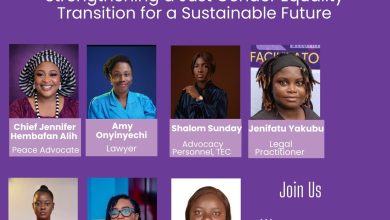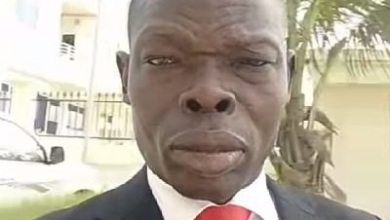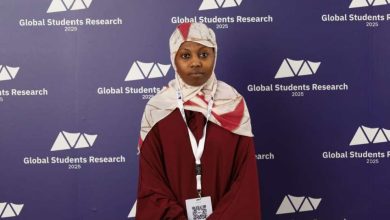
|
Getting your Trinity Audio player ready...
|
Hansatu Adegbite, National Consultant for Private Sector Partnerships at UN Women Nigeria, has highlighted the economic cost of gender inequality. According to her, an estimated $10.8 million is lost annually due to women stepping away from careers or businesses to become stay-at-home mothers.
“A lot of women sacrifice their careers and businesses to take on caregiving roles,” she said, while also calling for greater efforts to support women’s balancing professional and domestic responsibilities.
Hansatu said this in a panel session titled “Amplifying Women’s Economic Empowerment: The Role of Media in Driving Change” at the Media and Development Conference 2024 (MDC ’24) organised by the Centre for Journalism Innovation and Development in Abuja. The three-day conference, which began on Nov. 25, 2024, and is scheduled to run until Nov. 27, brings together experts and stakeholders to discuss the role of the media in the country’s development.
The session, which was held on the first day, Nov. 25, 2024, coincides with the International Day of Eliminating Violence Against Women. Hansatu and other panellists extensively discussed how the media drives women’s economic empowerment and addressed systemic challenges women across Nigeria face.
Susan K. Ihuoma, Gender Officer for the Inclusive Friends Association, emphasised the struggles faced by women and girls with disabilities. She pointed out that opportunities for women with disabilities are often an afterthought, shaped by gender and cultural biases that perpetuate exclusion. Citing her personal experiences of being denied employment after disclosing her disability, she urged the government to take intentional measures.
“Engage women with disabilities instead of just looking at them, they are people too. Exclusionary practices must be addressed,” she said.
Another speaker, Adaora Onyechere, the Executive Director of the Gender Strategy and Advancement International (GSAI), explored storytelling’s power in advocating for gender equity and policy advancement. She highlighted the media’s responsibility to amplify women’s voices and influence public opinion.
“The currency of words is just as important as the currency of money,” she said. “Media organisations must come together and decide that enough is enough—women need to have more seats and be included more in decision-making spaces.”
Adaora also stressed the importance of tailoring stories to resonate with diverse audiences, from local communities to policymakers. Olajide Abiola, CEO of Kiakia Finance, another panellist at the panel session stated that women are more responsible with funds and likely to repay loans. However, they are more drawn to grants.
Chisom Nwankwo, founder of the Skilled Woman Initiative, brought the plight of displaced women to the forefront. She revealed that Abuja alone has 18 settlements housing approximately 5,000 women each, many of whom have been displaced due to male violence. Access to skills training, she noted, remains a major challenge for these women.
“Even women who are not displaced still find it hard to access skill development opportunities,” she said.
Sharing the story of a woman named Aisha, who gained financial independence through skills training provided at a camp, Chisom illustrated the transformative impact of targeted interventions.
As MDC ’24 continues, the conference emphasises the urgent need for collaboration between media organisations, policymakers, and stakeholders to dismantle systemic barriers and create inclusive opportunities for women. The discussions are a reminder that addressing gender inequality requires both storytelling and action to drive meaningful change.




